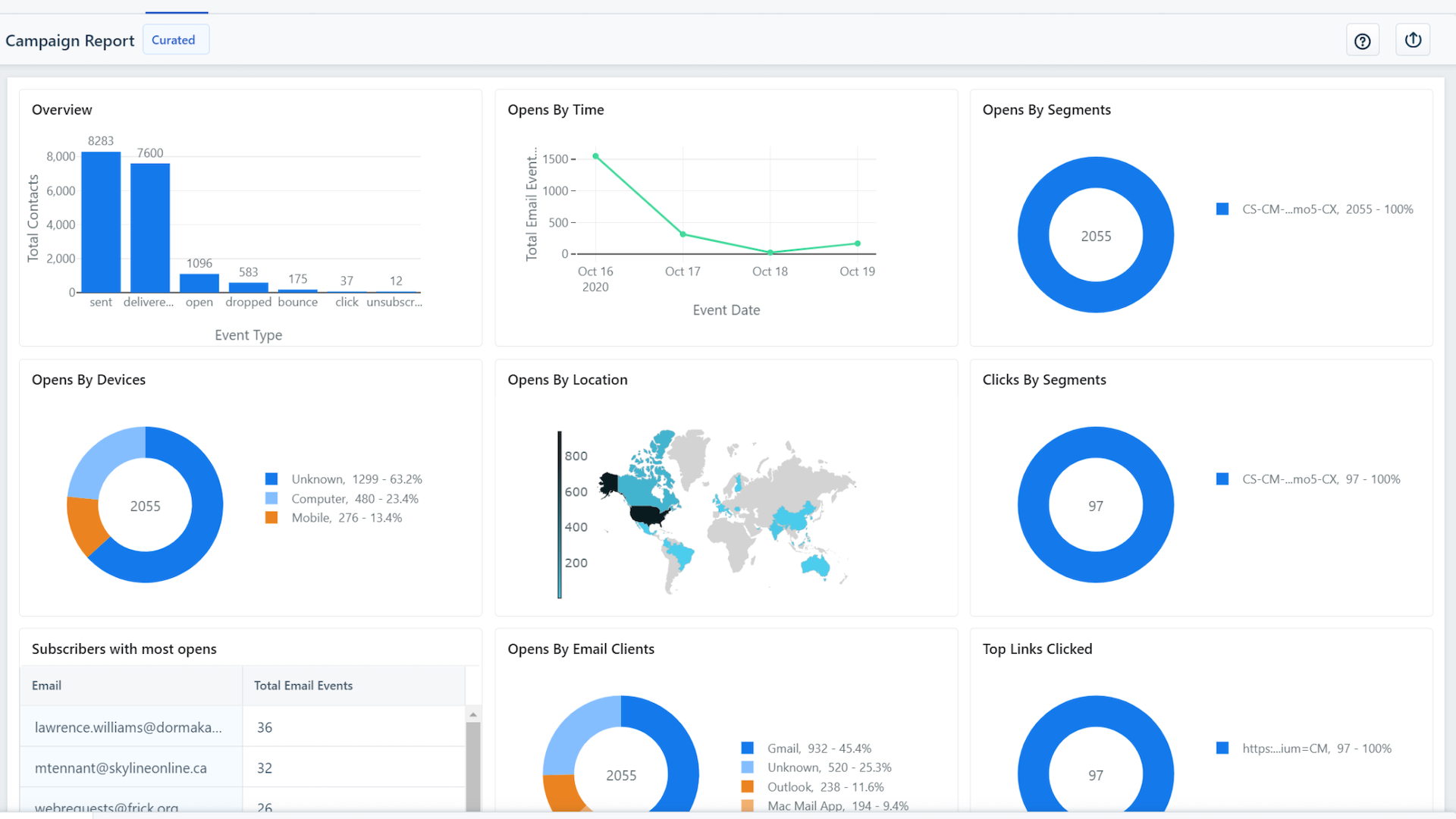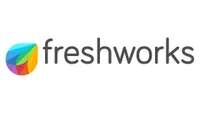Sponsored by Freshworks
Helpdesk software vs ticketing software: what's the difference?
Which one should you choose for your business

Ticketing software and help desk software are terms often used interchangeably. However, there are stark differences between the two. Ticketing software focuses on lodging, handling, and solving individual ticket issues.
The best help desk software, on the other hand, is more comprehensive and focuses on solving customer requests and problems through multiple channels such as tickets, email, chatbots, and knowledge bases.
In a nutshell, ticketing software is just a subset of the entire help desk management solution. Keep reading to learn more about the difference between these customer experience software.
Sign up for a Freshworks 14-day free trial
Freshworks offers multichannel ticket management, team collaboration tools, and smart automation to resolve issues faster. The platform's Freddy AI assists agents by suggesting replies, auto-prioritizing tickets, and delivering instant insights. With an intuitive interface and robust reporting tools, Freshworks helps businesses deliver faster, more personalized support, ideal for scaling teams.
What is ticketing software?
As the name suggests, ticketing software focuses on resolving issues through tickets, which may either be raised by customers on the company website or by the internal team for solving system issues.
✅Best for internal problem resolutions
✅More affordable than helpdesk software
✅Simple and easy to use
✅Auto ticket tagging and assignment
❌No multi-channel support
❌No self-service portal or knowledge base
Right off the bat, it's easy to see that ticketing software is fairly limited in scope and focuses entirely on ticket-based issue solving. The entire communication takes place through the ‘raised ticket’ only - the customer raises a ticket, and then it’s assigned to an agent who solves the query and closes the ticket. Multiple communication channels such as live chat, call, or email are rarely used.
Whenever a ticket is raised, it may be tagged based on the type of issue or its priority. Internal teams often have predefined rules for the assignment of these tickets based on these metrics.

What is help desk software?
Helpdesk software is a more comprehensive tool, seeing as it includes ticketing features. It goes beyond the limitations of ticketing software to provide an all-around support mechanism for the customer.
Sign up to the TechRadar Pro newsletter to get all the top news, opinion, features and guidance your business needs to succeed!
Help desk software often integrates multiple channels of communication, such as live chat, email, calls, or social media interactions. For instance, if you email a company regarding an issue, help desk software will lodge it as a new ticket, and you’ll receive all follow-up notifications on the email.
✅Focuses entirely on customer satisfaction
✅Advanced workflow automations
✅Detailed reports and dashboards
✅Offers several third-party integrations
✅Self-service functions
❌Generally more expensive
❌Not ideal for small teams
Similarly, you may submit an online form on the company’s website, which will again be converted into a ticket for better handling.
Since the focus of a help desk is more broad, it includes the integration of an SSP or knowledge base, where customers can find answers to commonly asked questions. This might include self-help articles and videos and troubleshooting guides.
Some companies also maintain a separate community portal where users can create and discuss new topics regarding the product.
Plus, all communication with a particular customer is stored at a central place so that agents can refer to it when needed. This creates a database for every customer who has reached out to the service team.
Differences between ticketing and help desk software
Scope
While both software focus on issue resolutions, their scope varies widely. Ticketing software is mostly used for internal issues and queries. For instance, your marketing department may raise a ticket to solve certain PC functions, which is then assigned to the internal IT team.
It's true that external customers may also raise tickets from your website, but the proportion is usually less. Helpdesk software, on the other hand, focuses mainly on customer queries and customer satisfaction.
Automations
Automations on helpdesk software are more comprehensive when compared to ticketing software. For instance, ticketing software can be automated with basic ticket assignment rules based on ticket type and urgency, simple ticket status changes, and email notifications.
In comparison, helpdesk software can be automated to include multi-channel triggers, SLA timers, rule-based escalations, and conditional logic.
Analytics and reportings
Due to its limited scope, the analytics and reporting functions of ticketing software are also basic. For instance, you can get an overview of all the open, closed, and pending tickets along with basic metrics, such as resolution time and agent effectiveness.
However, help desk software offers more comprehensive reporting, which gives you insights into customer behavior. For example, most help desk software come with a real-time, customizable dashboard with insights on agent productivity. You can run root cause analysis of various problems and gather customer satisfaction scores.
Plus, you can even integrate a help desk tool with business intelligence software for a more drilled-down version of your customer satisfaction statistics.

Communication channels
Help desk software uses multiple channels such as chat, email, calls, and online forms to register and solve customer issues.
Ticketing software, on the other hand, is only concerned with ticket formation, assignment, and resolution. It rarely supports multiple channel communications.
Cost
The average cost of ticketing software may start from as low as $5 per user per month and may go all the way up to $30, depending on the features you need.
On the other hand, help desk software is more expensive given its comprehensive nature and may range from $20 per user per month to over $100.
Conclusion – which software is best for my business?
The choice between ticketing and help desk software depends on the type and size of your business. If you’re a small business, you should probably get ticketing software, which will also be more affordable. You can integrate a ticketing window on your website to handle customer queries and also use it for internal issue resolutions.
Ticketing software is also ideal if you’re in a business that does not need to deal with customers on a daily basis, such as a B2B business, construction and engineering firms, or real estate.
On the other hand, if yours is a customer-facing business, such as e-commerce stores or website service providers, you need a comprehensive help desk solution to handle various customer complaints.
Also, if you own a mid-sized or large business with several internal departments, help desk software would be a more comprehensive way to go about issue resolutions.
Krishi covers buying guides and how-to's related to software, online tools, and tech products here at TechRadar. Over at Tom's Guide, he writes exclusively on VPN services. You can also find his work on Techopedia and The Tech Report. As a tech fanatic, Krishi also loves writing about the latest happenings in the world of cybersecurity, AI, and software.
